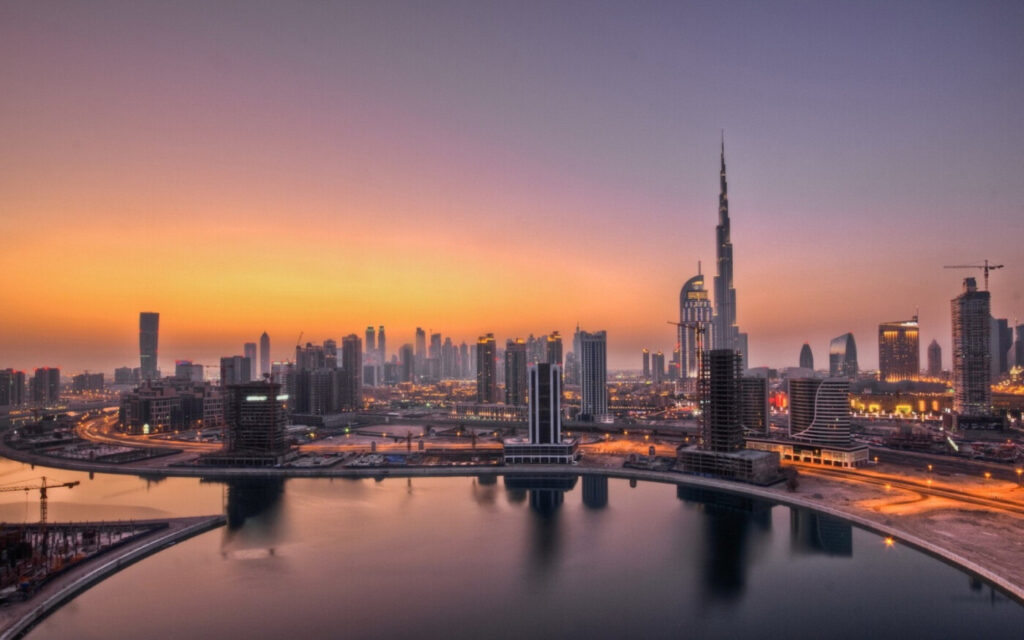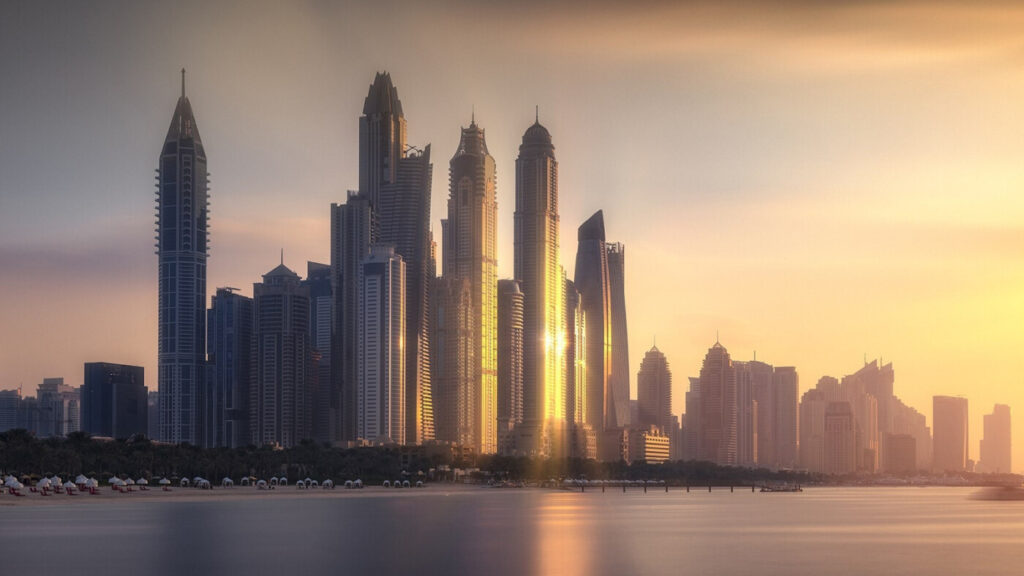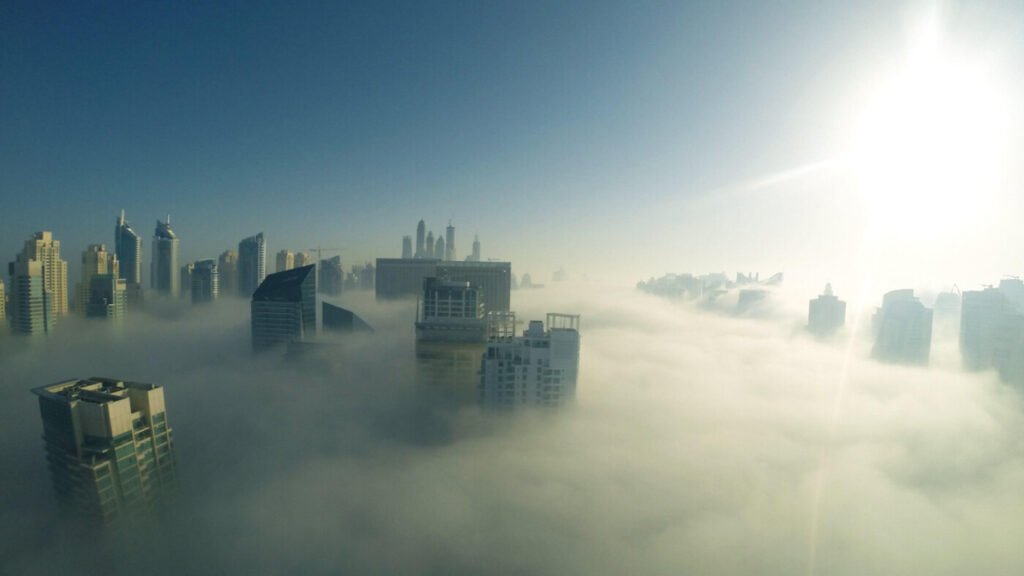
The journey of investors in Dubai often involves navigating through challenging mistakes arising from practical situations in a market marked by its diversity. Understanding the intricacies of property ownership is crucial, including different statuses such as freehold, 99-year leasehold for specific locations, and properties inaccessible to foreign investors.
The real estate market in Dubai comprises various branches, including residential, apartments, apartments, and hotels. Notably, commercial real estate labeled as “hotel” comes with restrictions, such as visa limitations and taxation. Special offers, allowing 14 days of residency but lacking additional rights like renting, are also prevalent.
READ: New York City Rental Benefits: Elder Care, Airbnb, and Alternative Contracts
Psychological aspects play a significant role in real estate transactions. Single investors often find themselves assigned attractive female managers, while married couples are handled by respectable men. Luxurious city tours, and meetings with other investors (potentially actors), contribute to creating a sense of urgency and limited supply.
READ: Moving to Dubai in 2024: Advantages and Disadvantages
Investor risks are closely tied to their expectations, which might not materialize in unstable conditions. The pre-pandemic market, once consisting of thousands of proposals, underwent significant changes with projects freezing and unfinished buildings emerging. Legal provisions allowing developers to postpone commissioning without investor objections add complexity.

Understanding the investment context and analyzing property characteristics are pivotal. This involves evaluating starting costs, rental prospects, liquidity, and exit timelines. Trend analysis and market capitalization assessments empower investors to make informed decisions and act conscientiously.
As of now, there are no taxes on residential real estate in the United Arab Emirates, facilitating immediate resale without additional taxes. Instead, registration fees apply: the Land Department charges 4%, with additional overhead costs of around 2–3%, applicable to both primary and secondary properties.

Prospects for growth vary across emirates and cities. Ras al-Khaimah, in the north, offers affordable apartments and residency preferences, suitable for family holidays with an entrance fee ranging from $120,000 to $150,000. In Dubai, similar properties cost between $180,000 and $200,000.
READ: 2024 Predictions: Emerging Trends in the Dubai Real Estate Market
Abu Dhabi presents its unique market dynamics, currently under careful analysis by Alexey’s team. While purchase and sale transactions resemble Dubai, the rental market has its unique characteristics. Ongoing monitoring and potential investments are contingent on factors such as management flexibility and other prevailing conditions.